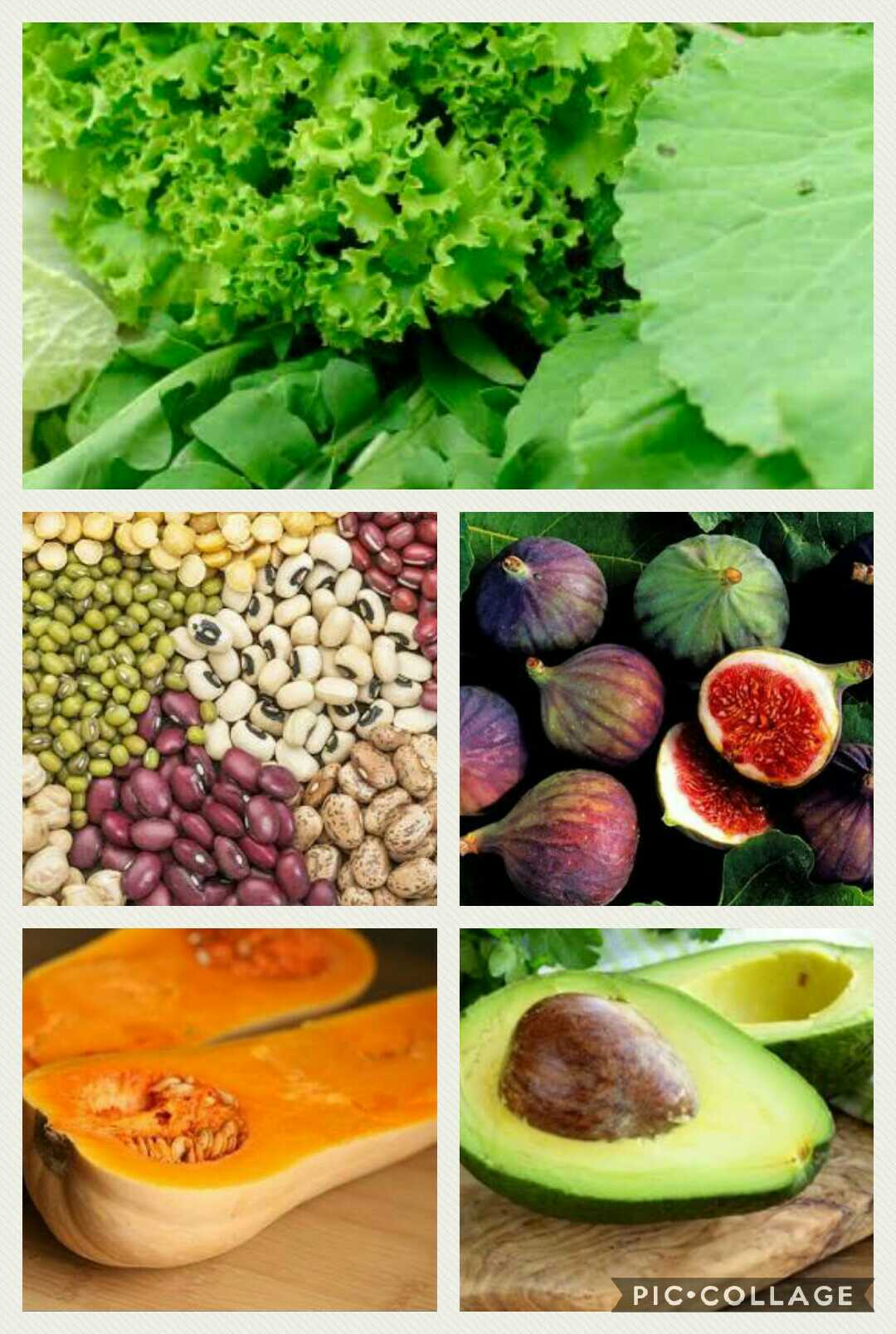 We all know that vitamins and minerals are important to body health and wellbeing. What if you have an allergy or intolerance to a certain food? How do you get it? The answer may be simple to some. We have done the hard work for you and here is a way to get calcium in to your body other than dairy products.
We all know that vitamins and minerals are important to body health and wellbeing. What if you have an allergy or intolerance to a certain food? How do you get it? The answer may be simple to some. We have done the hard work for you and here is a way to get calcium in to your body other than dairy products.
There is a recommended daily amount for each vitamin and mineral to keep your body in optimum function and health. For calcium it is recommended that we have 500-600mg per day, as per Osteoporosis Australia. In a perfect world this would be a simple equation of finding the highest calcium value food and eating it, but nothing is ever perfect.
Plant based calcium is generally more absorbable than animal sources as we are able to digest and break down the nutrients easier. Calcium is a tricky mineral in that it needs to be bio available in the foods we eat. It attaches to antinutrients (phytates and oxalates), because it has bonded to these it will not be absorbed by our body. So yes, spinach has heaps of calcium but not much will be absorbed by our bodies, where carrots have a lower count of calcium but more has available to our body.
 To keep the absorption rate as productive as possible you need to have also a normal level of Vitamin D and Vitamin K in your body. Vitamin D is a cofactor for calcium, which means it helps your body absorb the calcium from your food. If you are deficient in Vitamin D you can go from an average rate of absorption 30% down to 14%. So be sun smart and head outside for some Vitamin D. Vitamin K is the one needed to keep the calcium in your bones and teeth and out of your arteries (plaque). The best news about these 3 is that they generally all appear together in green leafy vegetables.
To keep the absorption rate as productive as possible you need to have also a normal level of Vitamin D and Vitamin K in your body. Vitamin D is a cofactor for calcium, which means it helps your body absorb the calcium from your food. If you are deficient in Vitamin D you can go from an average rate of absorption 30% down to 14%. So be sun smart and head outside for some Vitamin D. Vitamin K is the one needed to keep the calcium in your bones and teeth and out of your arteries (plaque). The best news about these 3 is that they generally all appear together in green leafy vegetables.
To get the daily recommended calcium from green leafy vegetables you would need to have 3-6 servings… Now, for me that would get boring quickly. There are always multiple options for vitamin and mineral rich food. For calcium this is no exception, if leaves aren’t a favourite of yours you can always find it in seeds, nuts, coconut meat, avocado, figs, oranges, butternut pumpkin, seaweed and legumes just to list a few plant options.
Variety is always the best way to get a balanced diet. Broths made with bones will also have calcium in them and because it is in a liquid state and the bones have been simmering for hours, the calcium is already broken down and easily absorbed. Fish with bones is another excellent source of calcium, sardines and salmon are the most common fish bones available to be eaten.
Calcium is one of the minerals that can be stored in the body so if you don’t get enough today you can top up tomorrow. However, if you constantly over eat calcium you can be subject to kidney stones or plaque build-up in your arteries. So as with all foods, moderation is best.



